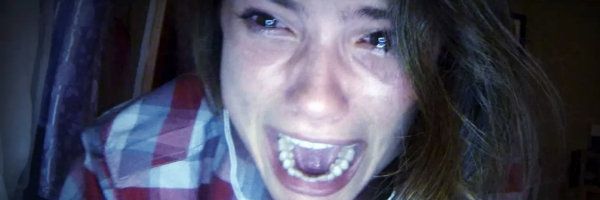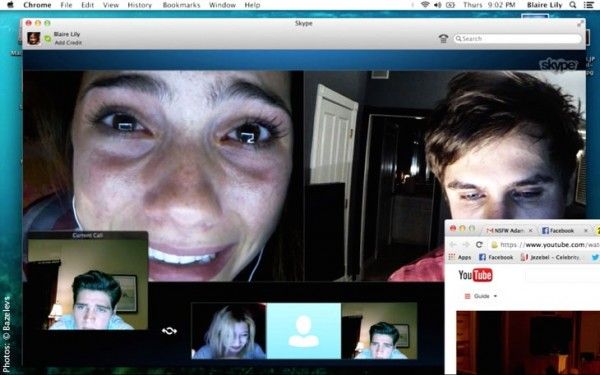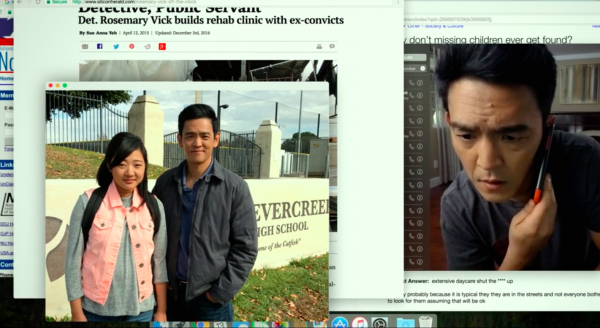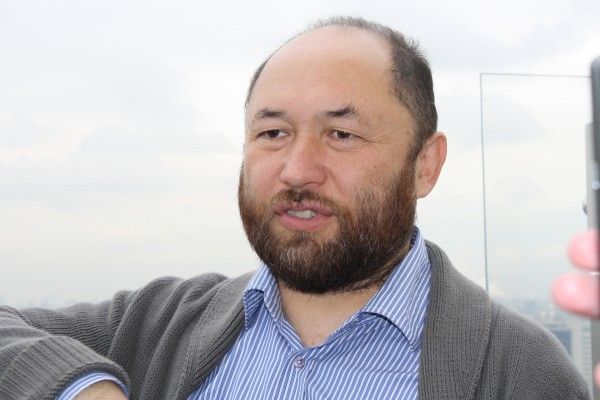With the pandemic poised to limit the scope of future productions, Universal has signed a deal with Timur Bekambetov to make five films using the same Screenlife technology that powered Unfriended to a $65 million worldwide gross.
Screenlife is an effective form of storytelling that uses smartphones and computer screens to advance the narrative. The format is, obviously, very conducive to a pandemic, because you don't need a huge crew to make these movies, and the actors (who would normally be the least-protected people on set since they're unmasked in front of the camera) are often isolated.
While production around the world has been on hold since March, Bekmambetov has been producing Screenlife films during the lockdown, communicating from his home in Los Angeles with actors as far away as London and Sydney.
“During this crazy time, we have been living in Screenlife mode, and it is very organic to produce movies because they can be done while people are home in their safe place. We are all in different cities and we can record screens without meeting each other. It’s the nature of this language, this Screenlife format, to work like this," Bekmambetov told Deadline.
"The casting director could cast actors for me all in one day around the world... If I need a composer, I can Skype and develop ideas, not being in the same space. The editor is in a different city, and the visual effects company too, and we all work together, without being in the same space," said Bekmambetov.
Directed by Leo Gabriadze, Unfriended only cost $1 million and made 65 times its budget, while Bekmambetov's other Screenlife hit, Aneesh Chaganty's Screen Gems thriller Searching, grossed $75 million worldwide on a budget of just under $900,000. And yet, the format hasn't been an easy sell to Hollywood. Bekmambetov credited Universal's Donna Langley for embracing the Screenlife format, which could prove to be highly lucrative, especially at a time like this.
"Just two months ago, we were too abstract, and nobody could understand what I mean when I explain Screenlife, but after two months of isolation, we are all learning to live in a digital universe," said Bekmabetov, whose relationship with Universal dates back to the 2008 movie Wanted. "Donna was the first studio executive to say, 'okay, we will take a risk and release this movie,' which will bring a computer screen to the big screen in the theater. It was successful, with Donna and Jason Blum supporting us. And now, they are supporting me as I create my own film language.”
“Timur brings a fresh perspective and distinct voice to all his work. As the industry further shifts, he finds new ways to connect with audiences across the globe. Timur and the team at Bazelevs blend a unique brand of storytelling with technological creativity that makes these films feel current and relevant. We look forward to continued shared success as we expand our partnership," Langley told Deadline.
Bekmambetov is developing nearly 50 Screenlife projects, including a GenZ version of Romeo and Juliet titled R#J, and a sequel to Searching. He isn't sure which five films will fall under the Universal deal, but promised they will fall under different genres, from sci-fi and horror films to romantic comedies.
"I will discuss with them the cast and the directors, but they trust me. Because every Screenlife movie we’ve made was successful in different ways, some creatively and some commercially, and because it’s a new language. These will be very relatable to audiences that absolutely understand this language, because it’s how we live," said Bekmambetov.
The most interesting part of Deadline's interview with Bekmambetov was the filmmaker's belief that our devices are our closest confidantes.
"I believe to observe and understand the human community today, you need to see the screen of the device of that person. We live on screens, we express ourselves on them and create relationships with them," explained Bekmambetov. "What I’ve learned is, it’s most important to see your character’s behavior. For example, you are typing something, like the opening shot of one movie where the guy is typing, searching Google for, 'How to commit suicide?' Through that one line, you know everything about him, because we never lie to our screens. We think the screens are part of our inner-hood. If you see my screen, you know exactly what I feel, what I do, what I’m dreaming about."
It's a sad truth that our phones and computers probably do know us better than our own friends and family, and that's what interests me most about this Screenlife format. It doesn't have to be reserved for genre films, it can be used to tell dramatic stories in a powerful way, and I'm eager to see the technology used to its full creative potential.
As for a long-rumored Wanted sequel, Bekmambetov said he has an idea for how to do it using the Screenlife technology. “I cannot imagine an assassin in today’s world would run with a gun. Why? He will use drones, he will use computer technology, probably. You don’t need to bend bullets anymore. You need to bend ideas.”
For more on the Searching sequel, click here.




